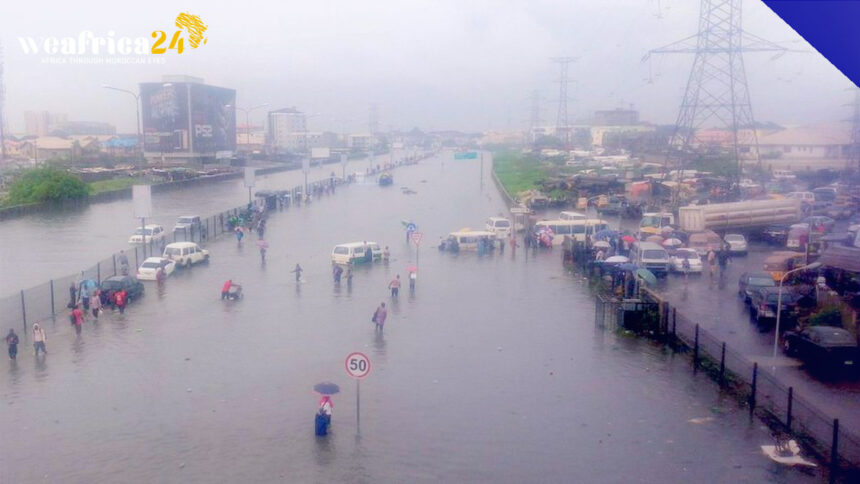Tragic news unfolds as the death toll from sudden floods in northern Afghanistan continues to rise.
The International Organization for Migration reported on Saturday that the death toll has surpassed 200 due to the devastating floods that struck northern Afghanistan. The organization also noted fatalities in six other provinces, based on figures from the Afghan National Authority for Natural Disaster Management.
The floods, which struck unexpectedly, have claimed over 200 lives in the province of Baghlan alone, according to the International Organization for Migration.
A spokesperson for the United Nations agency stated, “More than a hundred people have died in the new Baghlan province,” with another “hundred killed” in the province of Balkh as floods destroyed over two thousand homes in the two districts.
Additionally, the organization highlighted fatalities recorded in six other provinces, based on data from the Afghan National Authority for Natural Disaster Management.
Earlier reports from local authorities on Friday night had initially put the total death toll at 62, warning that it could rise further.
This year’s floods, exacerbated by unusually heavy spring rains, have affected other provinces in the country, particularly in the vulnerable regions of Ghor (west) and Badakhshan (northeast), resulting in significant financial losses.
Zabihullah Mujahid, spokesperson for the Taliban government, confirmed Saturday morning the registration of “dozens of deaths” in several provinces.
The relentless floods in Afghanistan highlight the country’s vulnerability to climate change, underscoring the urgent need for comprehensive disaster preparedness and mitigation measures.
As the nation grapples with this humanitarian crisis, efforts to provide relief and support to affected communities are underway. The devastating impact of these floods serves as a stark reminder of the importance of proactive measures to address climate-related disasters.







